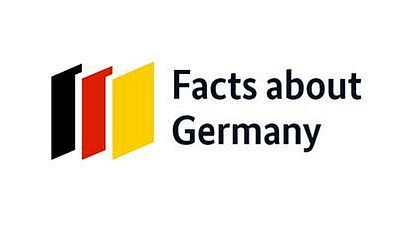The types of school also vary from state to state. In general, however, the German school system is structured as follows:
Primary school (Grundschule)
Children usually start primary school at the age of six, and attend from the first to the fourth grade. In Berlin and Brandenburg only, primary school does not end until the sixth grade. At the end of primary school, you and your child’s teachers will decide which type of secondary school your child will attend from the fifth (or seventh) grade, based on your child’s academic performance. The following classification is most commonly used for secondary education:
- Primary school (Grundschule) (grades 1-4/6)
- Comprehensive school (Gesamtschule or Gemeinschaftsschule) (grades 5/7–9/10 or 12/13)
- Grammar school (Gymnasium) (grades 5/7–12/13)
Comprehensive school (Gesamtschule/Gemeinschaftsschule)
Depending on their academic performance and the number of years of schooling they have completed, students can obtain the first school-leaving certificate (Hauptschulabschluss), a lower secondary school-leaving certificate (Realschulabschluss, Mittlere Reife), an entrance qualification for universities of applied sciences (Fachhochschulreife) or a general higher education entrance qualification (Abitur). In some federal states, these schools have special names such as Mittelschule, Sekundarschule, Oberschule, etc., but they all function in a similar way. A few federal states also still have Hauptschulen and Realschulen.
After obtaining one of the qualifications at lower secondary level (Sekundarstufe I), students have the option of continuing to attend general schooling, e.g. to take the Abitur, or of taking vocational education and vocational training (VET); Vocational training can be either school-based or dual (school + work-based training).
Students must complete nine or ten years of full-time education (depending on the federal state) and two or three years of part-time education, or until they reach the age of 18. The requirement to be in part-time education is met if, after completing general education (full-time schooling), students are in vocational training, for example, which involves attending a vocational school (dual education).
Grammar school (Gymnasium)
After completing the twelfth or thirteenth grade (depending on the federal state) and successfully passing the final examination, students receive the Abitur or Fachabitur. This qualification then enables them to study at a higher education institution, such as university or a university of applied sciences, respectively. Students who have completed grammar school also have the option of going straight into the world of work by pursuing vocational training.




